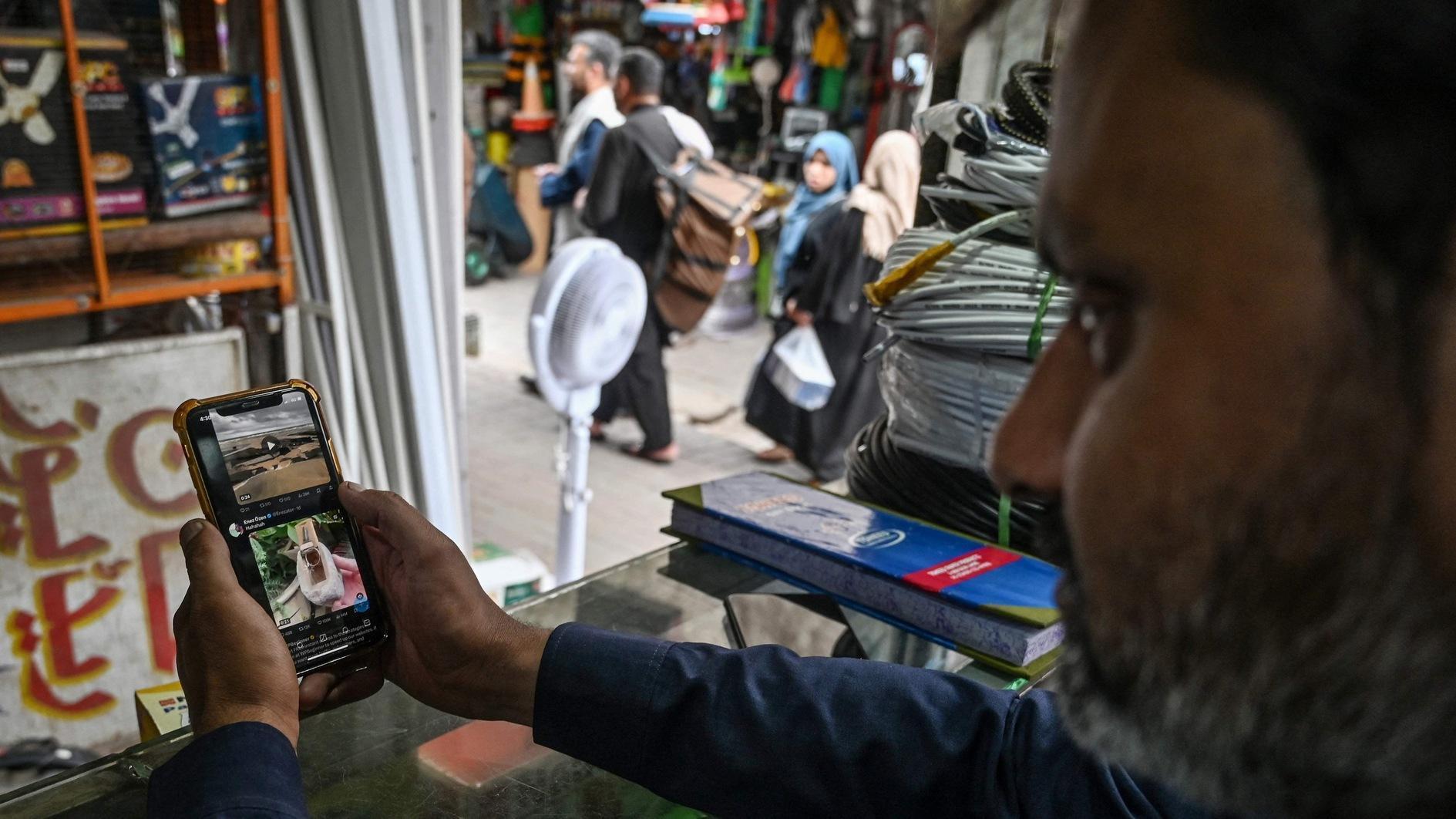Turkey in its own ‘shutdown’ for Eid despite hectic agenda
ISTANBUL – Hürriyet Daily News

Nearly all senior Turkish officials have waved goodbye to the political stage for the Eid al-Adha, or Feast of Sacrifice, holiday. DAILY NEWS photo, Selahattin SÖNMEZ
Many in Turkey have been said to frequently imitate the latest trends in the United States, but it still came as a bit of a shock to see the country’s politicians doing their best to ape their American counterparts by shutting down the government, despite a heavy agenda both at home and in the region.It was a Monday yesterday, but not for senior Turkish officials, as nearly all of them waved goodbye to the political stage for the week long holiday of Eid al-Adha, or Feast of Sacrifice, for religiously motivated political reasons.
Yesterday, the only domestic news of the day was the visit by deputies of the pro-Kurdish Peace and Democracy Party (BDP) to the imprisoned Kurdistan Workers’ Party (PKK) leader on İmralı island. BDP deputies often visit Abdullah Öcalan but the latest visit came at a time when the government-led peace process was facing an uphill battle amid PKK threats to kill the bid due to the government’s “slow-moving” efforts.
Although the Kurdish peace bid is increasingly precarious, the world is today expected to shift its focus to another regional controversy amid a key meeting between negotiators from Iran, the five permanent members of the Security Council (Britain, China, France, Russia and the United States) and Germany about concerns over Iran’s nuclear program. Like the visit to İmralı, the meeting between Iran and the P5+1 offers a glimmer of hope about a possible agreement, especially after the recent thaw between Washington and Tehran. There is reason to be optimistic over the talks since even the U.S. Secretary of State John Kerry admits that a window for diplomacy, rather than for military confrontation, is open.
One can think that Iran is not on Turkey’s radar anymore since Ankara was snubbed after the U.S. and Iran extended olive branches to each other. The same mindset would also explain that as a ruling power, the government wants to “keep it cool” with the PKK and adopt a “wait-and-see” approach.
But the week’s to-do list is not restricted to these crucial issues. On Oct. 16, the European Commission is due to release its annual Progress Report on Turkey’s decades-old and long-moribund bid to join the European Union. Every other year, the Turkish political scene tunes into the Progress Report even weeks before its announcement with frenzied guessing games as to what to expect from it in positive or negative terms.
This year, however, the discussion over the Progress Report, which is expected to both hail and grill Turkey for its reform promises on democratization and for its harsh response to the anti-government wave of Gezi rallies, respectively, focused on the date of its announcement rather than report’s self. A couple of weeks before the announcement, the Turkish diplomatic chorus led by EU Minister Egemen Bağış started to grumble over the EU timetable, asking for a rescheduling, only to be met with a refusal. In return, the EU minister had his revenge by declaring that his country will stay mum on the report until after the Eid.
Turkey is, in fact, historically accustomed to weeklong holidays, exclusively religious ones, before which millions eagerly expect an announcement of prolonged holidays and make their holiday plans accordingly before abandoning the metropolitan cities to those not lucky enough to enjoy an escape from the city or even worse from their job. Those with a profession that requires them to be on duty during holidays always act with good-humored envy toward weeklong Eid holiday-makers, but when it comes to the politicians, most expect to see them at work.
But for the last couple of years, the Turkish government has systemically, as well as increasingly, appeared defiant on staying somewhat “out-of-order” during religious holidays. Domestically, almost everyone seemed OK with it, but not on the international level. With its efforts to change the date of the Progress Report and its promised refusal to proffer a single comment on it, the Turkish government has made it clear that it wants would-be European partners to have the same respect for its Islamic rituals as much as their own, even making it a top priority.
Ankara might have a point since the Western world also shuts down somewhat for Christmas or Easter. But what has escaped the notice of Turkey is that it is the side that has been desperately knocking on the door of a club often labeled as “Christian.” The fair deal for both is not to shape the political agenda with religious references. However, in a world that is being increasingly identified and ruled with unspoken religious inspirations, achieving this fair goal is becoming more and more difficult.
Anyhow, the week will conclude with or without the naysays of the Turkish officials with their self-imposed “shutdown,” as their comments would only risk fizzling out against a background of the other topics, such as shuttle diplomacy for Syria, the Kurdish quagmire, or the real-deal shutdown in the United States. If you are still interested in following the updates – obviously, you are since this is the very end of this article – don’t trouble yourself by seeking out what Turkey had to say because there will be little to see.
You’d best enjoy your Eid holiday instead – if you can – before the sound of silence ends in this country known for its cacophony.










